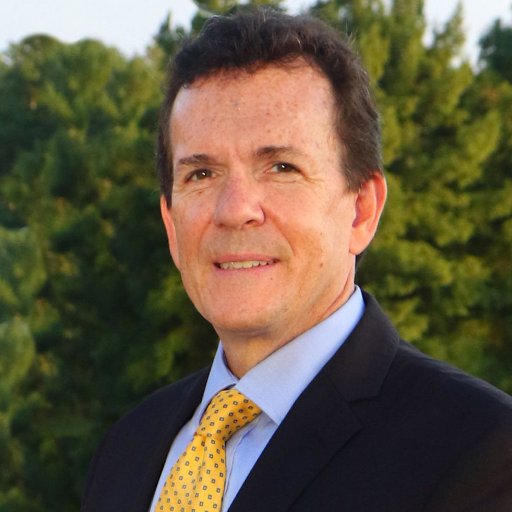O’Scanlon: ‘EMS System Needs Life Support’

O’Scanlon: ‘EMS System Needs Life Support’
Following news that MONOC will cease operations on April 1, Senator Declan O’Scanlon (R-Monmouth) advocated for swift passage of his bill, S-617, which would provide much needed flexibility to the Advanced Life Support System (ALS) in the state.
“If we want to ensure that when you call 911 you get the best care possible all the time, we need to commit to giving the ALS system the life support it clearly needs,” O’Scanlon said. “Our current system is flawed and too rigid. You wind up with superfluous paramedics at a more basic call leading to others not having the flexibility to leave for a higher trauma event. People can die because paramedics are stretched too thin.”
After April 1, MONOC’s assets and service areas will be absorbed by the Hackensack-Meridian and RWJ hospital systems. MONOC operated within Monmouth and Ocean Counties for 40 years and is currently the sole authorized provider of paramedic services in the two counties.
“This problem has been a long time coming – we saw it and have been working on it for years,” O’Scanlon continued. “MONOC’s employees are and have been some of the top professional first responders in this state. As the nature of healthcare evolved in New Jersey, MONOC’s business model was no longer sustainable. There is simply too much stress on the system and resources available – and stress on emergency medical resources is a dangerous thing to have.”
S-617 relieves strain on the ALS system by allowing for more flexibility in ALS staffing compilations. The combination of these changes, only a small part of O’Scanlon’s bill, will ensure that paramedics are able to be property distributed across the system based on community needs.
“We aren’t touching Basic Life Support/volunteer EMS in our bill, but we are doing what’s necessary to create better flexibility for hospitals to dispatch their resources. We had discussions with two Administrations, multiple unions, multiple hospitals, and multiple EMS organizations. This new system is what’s necessary for the community, patients, hospital systems, and the employees,” O’Scanlon concluded.









